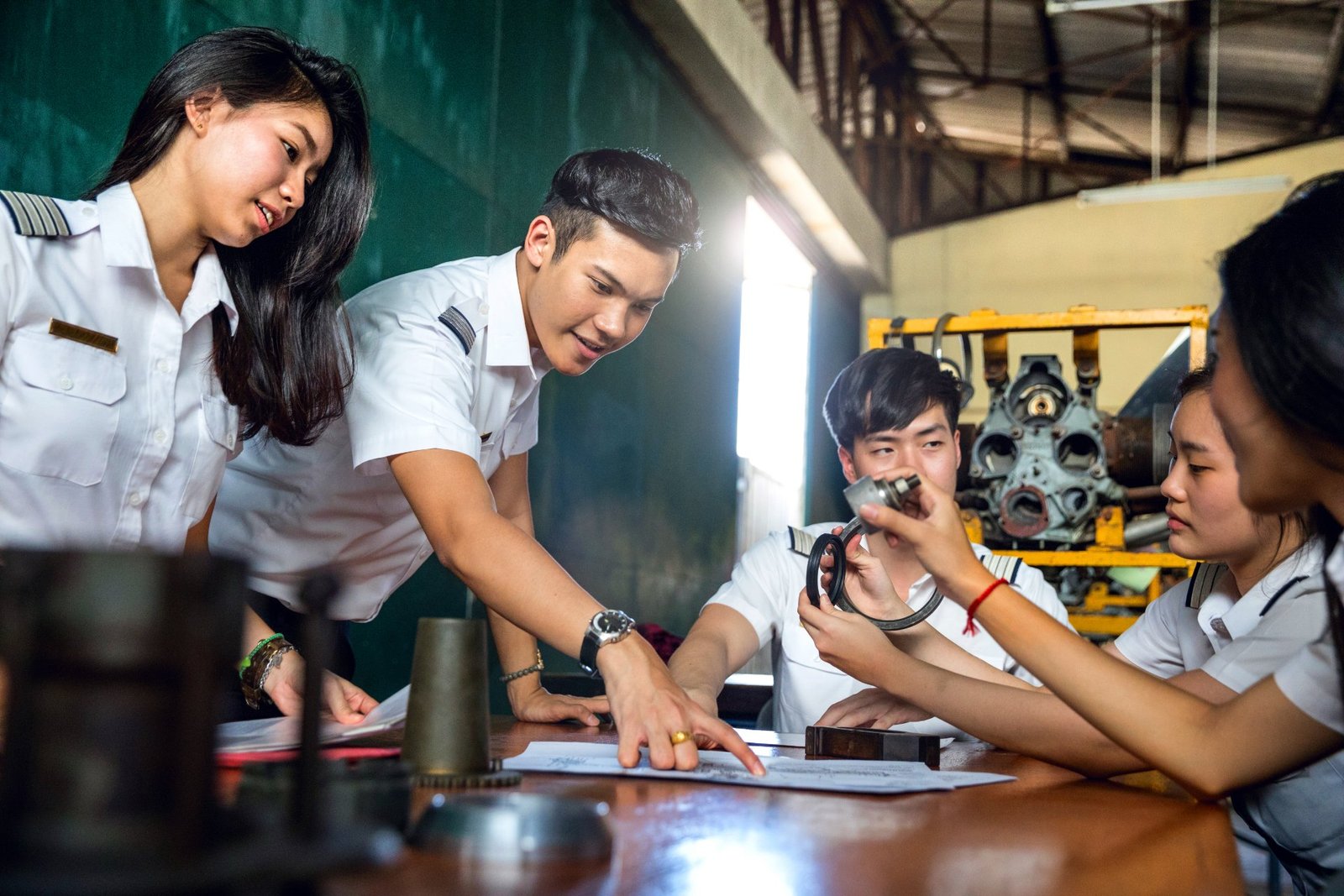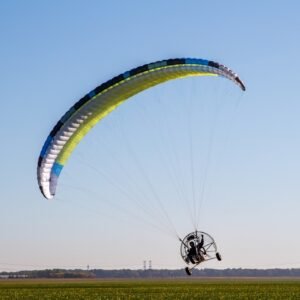
Ground Classes
Kalina, Santacruz East, Mumbai, Maharashtra - View on map
-
06 month Duration
-
Printed or mobile voucher accepted
Description
Ground classes for a pilot license are the foundation for becoming a good pilot. The course is completely practical-oriented and covers all aspects of flying an aircraft. A good foundation and clear concepts will help you complete your flight training and clear job interviews with airlines. Your instructor should be a practicing pilot and teach with passion. Every large city in India and especially all state capitals have multiple pilot ground schools, but you should choose wisely based on reviews and years of running the school.
DGCA Papers
- Air Regulations: The set of rules that distinguish between two aircraft, the kind of lights used in runways, and the set of procedures such as ETOPS, MNPS, PBN, and so on that have to be efficiently followed by the aircraft. It also covers the limitations of a pilot. These technical rules are extremely important because one small mistake can lead to an immense mishap.
- Aviation Meteorology: In this subject, we cover pressure, altimetry, humidity, air density, optical occurrences, temperature, wind and its directions, rainfall, cloudy weather, fog, visibility ailments, jet streams, turbulence, cyclones, and tropical systems.
- Air Navigation: The process of determining the geographic position and maintaining the desired direction of the aircraft relative to the surface of the earth.” It involves proper planning, recording, and controlling the aircraft’s movement as required. An appropriate navigation will ensure you reach your destination without getting haywire; you have applied all the important laws applicable to the aircraft and also ensure the safe landing of all those aboard. Categorically, there are 3 types of navigation: dead reckoning navigation, visual navigation, and electronic navigation.
- Technical General: Flight controls, stability, propellers, thrust, weight, lifting, and about the systems at play: fuel systems and electrical systems, landing gears, air conditioning, pressure systems, and various other things. Your topics will also cover the making of piston and jet engines. The diverse range makes this one of the most challenging DGCA exams for the CPL.
- Technical Specific: What is an airplane, and how does it fly. It’s crucial to have knowledge of these power-generating devices, which range from piston engines to jet engines that produce thrust. Technical principles of flight, engines, electrical and hydraulic systems, aircraft systems, aerodynamics, and aircraft instruments are only a few of the subtopics discussed.
- Radio Telephony: Every pilot has to be a great and qualified radio telephony operator. The need is growing as our skies are being covered by an ever-increasing amount of air traffic. To get hired with CPL, one needs to complete an Indian Radio Telephony Course.
Eligibility
- Completed 10+2 education, with physics and mathematics as subjects.
- Valid Class II medical assessment.
- Good command over the English language.
- Minimum of 17 years of age on the date of joining.
Experience
-
Highlights
-
Ground classes provide the essential foundation.Practical-oriented, offering hands-on knowledge.Experienced instructor guidance.Accessible Learning.
Location
₹ 200,000
In stock

